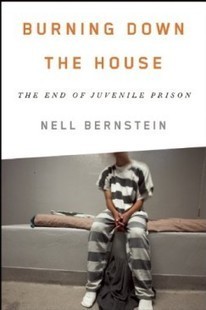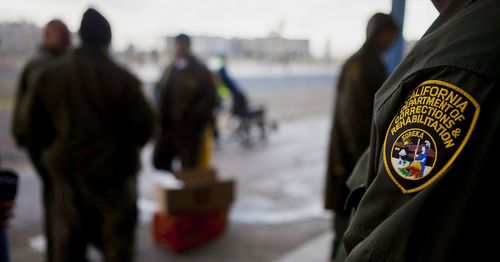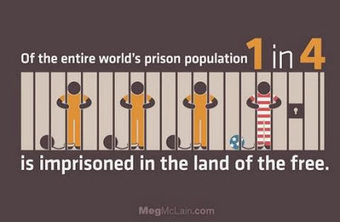See on Scoop.it – Community Village Daily
“The prison system as a whole isn’t working, particularly so for juvenile detention centers.
WHEN the Center for Investigative Reporting recently visited the Santa Cruz County Juvenile Hall — widely considered one of the best juvenile detention centers in the country — they found remarkably prison-like conditions, ranging from the bare, concrete walls to the use of solitary confinement as a method of disciplining youth. There are currently no federal or state laws that regulate the use of solitary confinement for juvenile offenders, despite overwhelming evidence of its harmful effects. But the abuses don’t stop there. A 2012 report by the Bureau of Justice Statistics, a division of the Department of Justice, determined that youth held in adult prison facilities suffered less instances of sexual violence than their peers in juvenile facilities. And in some facilities, the rate of juvenile recidivism is over 80 percent, meaning that the bulk of these young people will eventually add to the burgeoning prison population.
There seems to be a consensus that the prison system as a whole isn’t working, and this is particularly true when it comes to juvenile detention. The United States incarcerates more young people under the age of 18 than any other industrialized country in the world. (By comparison, South Africa, our closest competitor, incarcerates its youth at one-fifth the rate of the United States.) Most juveniles who are sent to these facilities are from racial minorities. Many of them suffer abuses in prison that are heinous for adults and potentially ruinous for youth — solitary confinement, rape, repeated physical abuse, deprivation of sunlight, insufficient food and affection. Perhaps worst of all, children leave these facilities with additional traumas under their belts and no promise that their outside lives will improve.
And yet, despite protestations from all political parties that our society values children, despite the proliferation of New York Times bestsellers on how to raise children, despite growing scientific evidence that the confinement of adolescents may profoundly stunt their brain development, despite the fact that juvenile crime is steadily declining, change has not followed. Why?
In her new book, Burning Down the House: The End of Juvenile Prison, Nell Bernstein, a journalist whose previous book addresses the problems of children of the incarcerated, attempts to explore this elusive question using a mix of reporting, research, and anecdotal history. Bernstein’s basic premise, which I agree with, is that it’s mostly a matter of culture, an elusive but necessary concept. She argues that young adults and children require positive relationships with adults in order to rehabilitate, but prison, which isolates and punishes violators for transgressions, is based on just the opposite assumption. Prisons assume that those who commit crimes must be isolated from the community, both to force them to think about their immoral acts and to protect the rest of the law-abiding community. This is the direct opposite of what we should be doing for children in prison: educating them, providing them life skills and positive role models, and supporting their mental and physical development in a positive way.
Click through to read more.
See on lareviewofbooks.org




